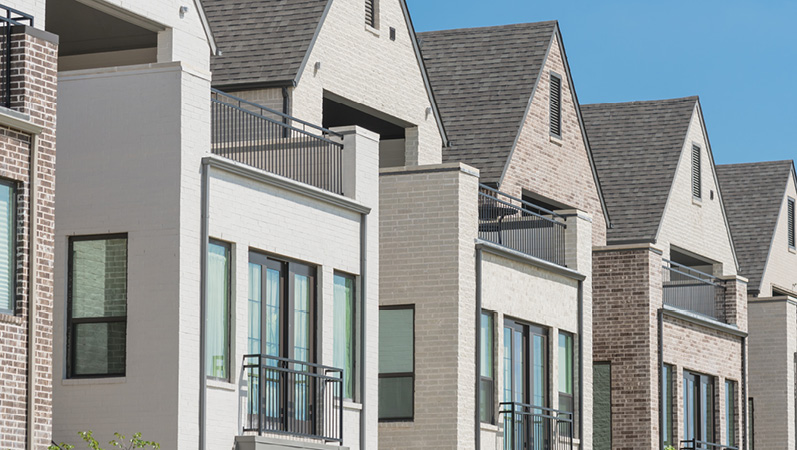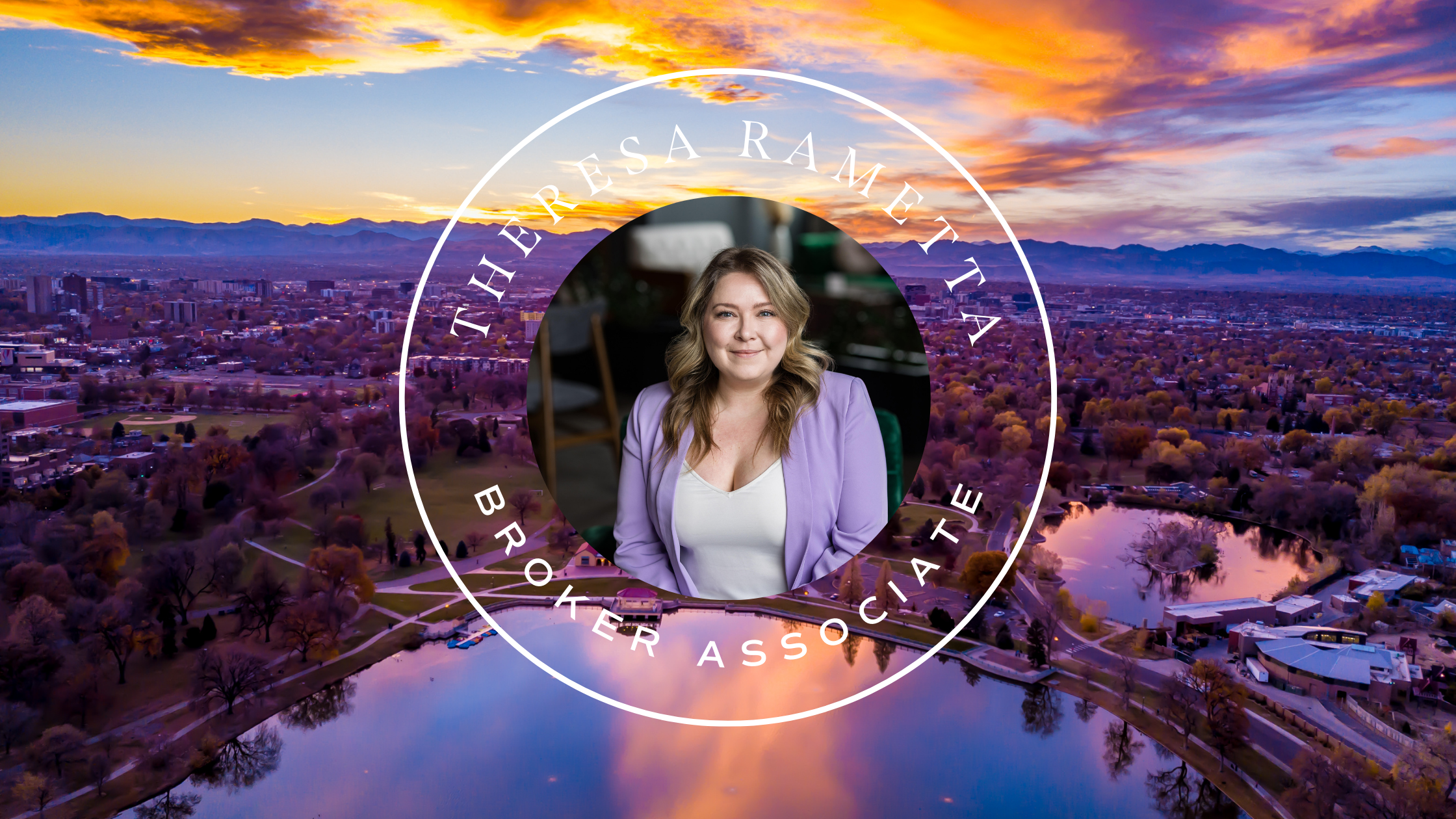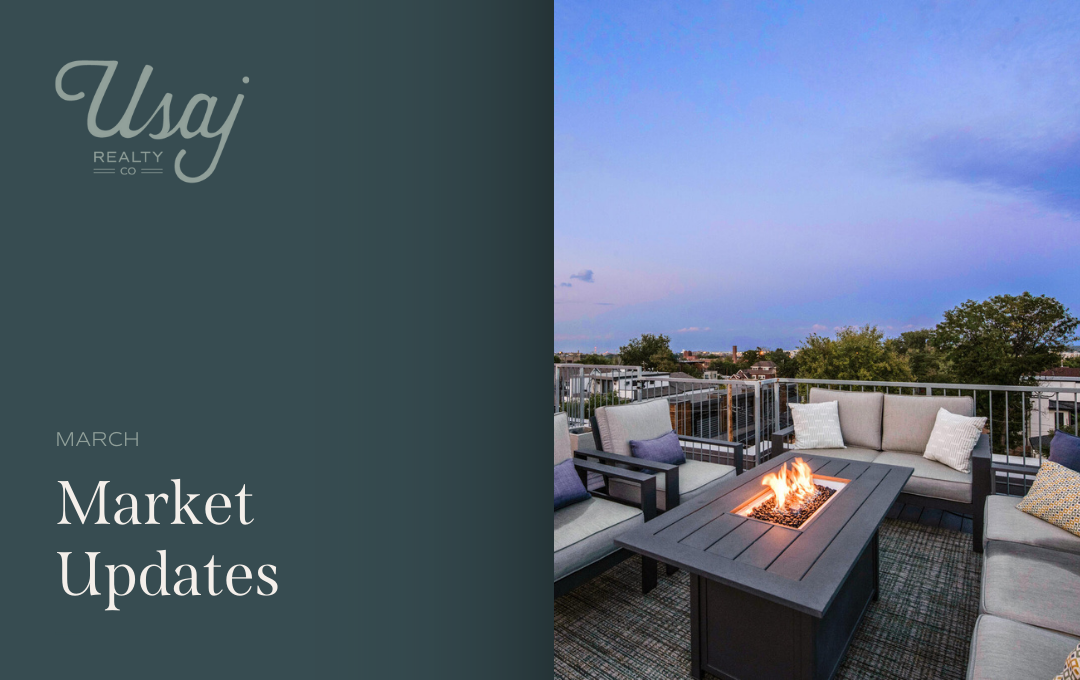While most people are familiar with the conventional residential real estate market, at opposite ends of the spectrum lie two forms of property ownership which are both unique and fill specific housing needs: deed restricted and fractional ownership. Tied to regions of the country that focus on tourism and people looking for an ultimate vacation experience, these two ownership models couldn’t be more different yet are vital to the local economies.
Deed restricted housing has become a popular choice among people living and working in mountain communities who are looking for homeownership opportunities. While the free market has driven up home prices and out of reach for many who live full-time in these areas, deed restricted homes allow residents the opportunity to become a homeowner and escape the rental rut.
Fractional ownership has become an exclusive option for people looking for a luxury vacation experience without having to cover all the upfront costs and maintenance fees that sole ownership requires. While many privately-owned luxury vacation homes sit empty for the better part of the year, fractional ownership enables owners to enjoy access to a property for a designated number of days and allows rental opportunities to produce income. Depending on the arrangement, fractional ownership may also allow you access to other vacation properties in the country or even outside the United States.
Read more about how these ownership opportunities are changing the face of owning property in the mountains.
Deed Restricted Housing
In Colorado, most deed restricted housing refers to who is eligible to buy a certain house or multifamily unit and the parameters of the resale price of that property. However, deed restrictions can also include covenants put in place by the homeowners association which can detail the accepted exterior paint colors, what vehicles can be stored on the property and how long trash containers can remain in the driveway.
Deed restricted housing in Colorado mountain towns typically relate to affordable housing or workforce living residences. These properties enable full-time residents the opportunity to purchase a home and build equity in communities where they otherwise wouldn’t be able to buy. Such buying opportunities often require the following:
- The property must be the buyer’s primary residence.
- The buyer must be employed in the county for a designated number of hours each week.
- The income of the buyer must be below a certain level.
The goal of deed restricted housing is to preserve the long-term affordability of the units, which usually resell well below market price. This allows homeownership among low- to moderate-income people and allows them to build some equity yet limit the resale price.
The formula for resale may weigh the median income increase during the time the person owned the home until the time it was sold. Or, the calculation may be based on a specified appreciation. The deed will cover the specifics of how the resale works and what the property owner may expect as far as proceeds.
Deed restricted housing has become more available in markets where there isn’t enough affordable housing to meet the demand for local workers. This is especially true in resort communities where businesses need employees who live year-round in the community and want to own their own home. In addition to being able to become a homeowner, deed restricted housing enables the property owner to build some equity and take pride in ownership.
This housing option has become a great way to build a sense of community, create satisfaction and self-confidence in owning a home, and enabling people to escape the rental rut.
Fractional Ownership
For people who are interested in a luxury vacation experience but don’t want to absorb a mortgage and all the maintenance costs, fractional ownership has become an attractive option. Unlike timeshares, where the participant owns a certain amount of time at a property, fractional ownership enables people to actually own part of the title to the property and a stake in the equity. A fraction of the home (along with other owners) is deeded to the individual and in turn, they have rights to use the residence, share the income, receive priority access and reduced rates.
Fractional ownership is common not only with luxury real estate properties but also with other high priced commodities like sports cars and aircraft, particularly private jets.
This type of investment enables the individual to reap the benefits if the investment increases in value. The owner can use the property for his or her enjoyment or rent out the property. Typically, fractional ownership properties are run by a property management company that provides continual upkeep, restocking of supplies and other services.
Each owner has a designated amount of time during the year that can be spent using the property. These days may be used for personal use, given to family members, friends or business associates, as or even rented to other fractional owners or third parties who are non-owners. The property management company usually handles all the reservations so any personal time in the home is scheduled through them.
Sometimes, fractional ownership is part of a larger consortium that manages properties in various locations. You may have the opportunity to exchange time in your home for use of another property in a different part of the country or world, for that matter.





